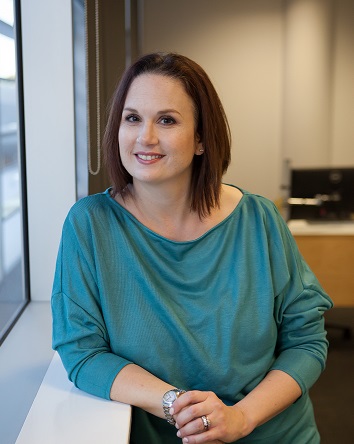“It is not the load that stresses you, but the way you carry it.”
“Don’t stress about things you cannot change.”
“Find the calm in the chaos.”
And so the self-help quotes go. The only issue, and the point I would like to erm… stress… in this article is that we always attribute responsibility for stress to the individual — to the sufferer.
In my mind, that is like assuming that somehow the car that was driving through the green light before it was sideswiped by a truck running the red is somehow at fault. The awful reality is that many lawyers are doing everything they are “supposed” to, to avoid stress and burnout, but without any of the promised results.
Along with the sunken hope that goes into pursuing these strategies and programs and products is wasted money and time. But when someone finally reaches out for help and puts their efforts and hearts into what they hope will be a solution, only to find it is short-lived, the damage is not only measured in wasted time and money, it is measured in self-loathing and feelings of failure. It is measured in the frequency of self-talk that goes something like “What is wrong with me? I must be doing something wrong. Why can’t I get on top of this? Why am I not able to cope?”
In my work with professionals who struggle to manage their workload along with the rest of their lives, a common thread is the feeling that they alone can change the whole situation, that they are feeling this way because of some inherent fault in their coping mechanisms or abilities.
“If only I was/could/did/can”:
- Multi-task
- Be more efficient
- Work harder
- Need less sleep
- Not be so overwhelmed
- Stop procrastinating
- Had more energy
What rarely gets attention is the context and environment that lawyers work within. No one automatically thinks:
- Why do I need to be present in an office to be productive?
- Why does our culture support competition to the point that I am scared to take sick leave in case my colleagues thinks I am not up to the job?
- Why does my workplace lack the psychological safety I need to accurately answer the question “Are you ok?”
- Why am I working full-time hours for a part-time pay packet because I am so grateful they offer me flexibility?
- Why am I terrified to tell my work that I am pregnant? Isn’t this supposed to be happy news?
We just don’t think like that. We take responsibility like we are trained to do. We take it on the chin. We suck it up. We toughen up. We keep on keeping on. Like the motivational images in our news feed inspire us to.
Except we don’t.
We internalise the blame, and attribute systemic issues to our own perceived weaknesses. This slowly starts eating away at our well-being and at our confidence. So rather than talk about how to address lawyer burnout, I would like to take the conversation one step back and say that before we start talking about broken people, let’s start addressing the broken system that is the legal profession.
Lawyers are suffering. The data doesn’t lie. So let’s shine a light in the dark corners of workplaces and start addressing the problem at its root. Burnout might be treated at an individual level, but it will only be addressed when we start looking at the bigger picture. And in the meantime, if we can try remind individual lawyers not to entirely shoulder the burden of burnout, we can work on building them up so that instead of leaving the profession, they will stay for the conversation and have the emotional capacity to speak up.


